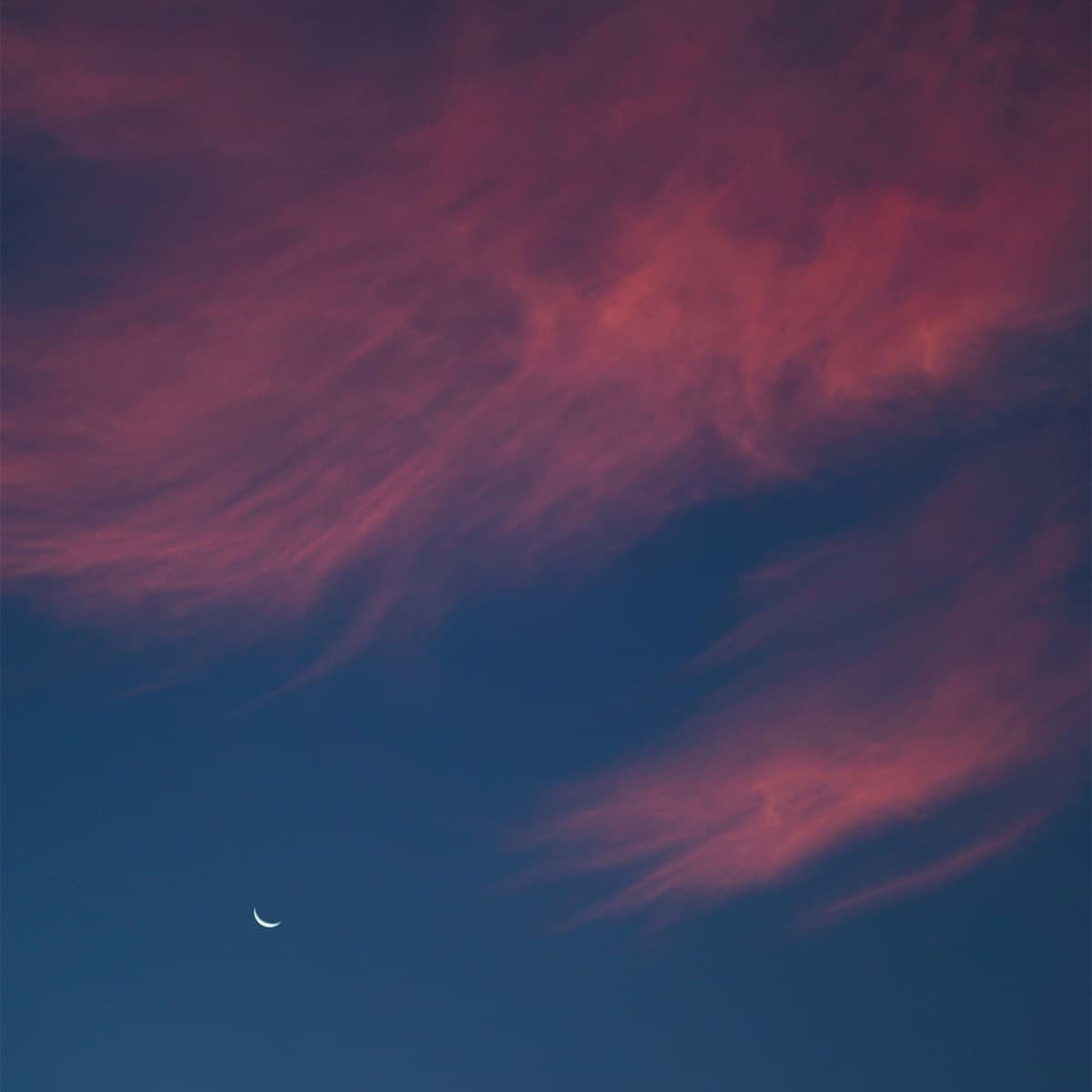For many of us, that first cup of coffee in the morning is a non-negotiable ritual—a comforting wake-up call and a productivity booster. But have you ever wondered how your caffeine habits might be affecting your sleep later that night? According to sleep and women’s health specialist Dr. Andrea Matsumura, your morning brew can impact your sleep patterns more than you might think.
“Caffeine stays in your system much longer than most people realize,” explains Dr. Matsumura. “Even if you stop drinking coffee in the afternoon, it can still interfere with your ability to fall or stay asleep that night.”
Let’s explore the science behind caffeine and sleep, and how to adjust your coffee routine to support better rest.
How Caffeine Affects Sleep
Caffeine is a stimulant that blocks adenosine, a natural chemical in the brain that builds up over the day and helps signal when it’s time to sleep. “By interfering with adenosine, caffeine delays sleepiness and can disrupt your sleep cycle,” says Dr. Matsumura.
Caffeine has a half-life of about 5–7 hours, which means half the caffeine you consumed is still in your body hours later. If you drink a large coffee at 3 p.m., you could still have a significant amount in your system by 9 or 10 p.m., just when you’re trying to wind down.
Your Morning Coffee Habits: What to Know
- Timing Matters
Dr. Matsumura recommends waiting at least 60–90 minutes after waking before drinking your first cup. “Your body naturally produces cortisol—a wake-up hormone—shortly after you rise. Drinking caffeine during peak cortisol hours can reduce its effectiveness and increase dependence,” she explains. - Limit Afternoon Sips
As tempting as that 2 p.m. pick-me-up may be, it’s one of the most common culprits of disrupted sleep. “I usually advise patients to cut off caffeine by noon or 1 p.m.,” Dr. Matsumura says. - Watch the Dosage
One 8 oz cup of coffee contains about 80–100 mg of caffeine, but many people drink much more than that—especially with large servings or energy drinks. “Excessive caffeine can lead to anxiety, jitteriness, and lighter sleep overall,” she adds.
Sleep-Friendly Caffeine Tips
- Switch to decaf or half-caf in the afternoon to satisfy cravings without the stimulation.
- Stay hydrated—caffeine is a diuretic and can dehydrate you, which also negatively affects sleep quality.
- Replace your evening drink with a calming alternative like herbal tea or warm milk.
And if you find yourself needing caffeine just to function, Dr. Matsumura recommends re-evaluating your sleep hygiene. “Needing multiple cups of coffee to stay alert may be a sign you’re not getting adequate or quality sleep.”
Keep Morning Coffee in the Morning
There’s no need to ditch your coffee habit entirely—just be strategic. By paying attention to when and how much caffeine you consume, you can enjoy the energizing benefits of coffee in the morning without sabotaging your sleep at night.
As Dr. Matsumura puts it, “The goal is balance. Your morning cup should support your day, not steal from your night.”













